
Maize is a prominent cereal crop and one of Nigeria’s most essential staple foods. Because of its genetic versatility, it is the most commonly farmed plant in the nation, from the damp evergreen environment of the forest region to the arid ecosystem of the Sudan savanna. Maize farming is one of the most profitable types of farming in Nigeria.
In 2017, the Institute of Tropical Agriculture (IITA) valued Nigeria’s maize industry to be at $6bn, which is about N2.5 trillion. Maize is in high demand in the country, local production only meets about 72% of the total annual demand for maize, according to data by the Federal Ministry of Agriculture, Nigeria churns out about 10.5 metric tons of maize annually while having a demand of 15 million metric tons. This indicates that there is a huge opportunity for intending local maize farmers or maize producers in Nigeria. You can read this maize farming in Nigeria facts blog post to get more insights.
You can also check out this blog on how to get started with farming in Nigeria.
This comprehensive guide includes detailed information on how to get started with maize farming in Nigeria.
How to Get Started with Maize Farming in Nigeria
- Finding Suitable land and soil type
- Clearing and preparation
- Maize Farming Season and Planting
- Fertilizers
- Weeding
- Disease and Pest Control
- Monitoring
- Harvest
- Post Harvest

Finding Suitable Land and Soil Type
Maize cultivation is best suited for plain regions. Maize thrives in a variety of soil types, spanning from podzolic soils located in temperate areas to lush loamy soils in tropical climes. The most favorable soil for maize production is commonly thought to be deep, rich dark soils with plenty of nitrogen. Productive loamy soils on moderately flat, well-drained areas are also ideal for cultivation. Additionally, maize is grown in undulating lands and on the lower slopes of hills. Because the crop’s high yield depletes soil nutrients, it should be sown as the first plant in a crop rotation. Stay away from areas with trees, shaded regions, and ant hills if you want excellent yields. Avoid compacted, muddy, and clayey soils since maize is reactive to salinity and cannot handle waterlogging.

Clearing and Preparation
Land clearing should be done with the least amount of topsoil displacement possible. It necessitates the careful application of heavy machinery, as well as sound soil conservation methods to maintain the soil fertility condition, which varies during long-term fallow growth. Under intensive maize production, minimum cultivation is a viable technique to maintain high soil fertility.
The savannas do not require the same level of land preparation as the country’s forest zone. Land clearing must be conducted long before the rains commence in the Guinea grasslands, where the forest cover is very dense. Immediately the rains begin, proper ridges should be built. While deep cultivation benefits the crop, zero tillage does not reduce yields. Furthermore, maize should be planted in 75-centimeter-wide ridges for maximum grain output. Since the soil in the northern part of Nigeria is loosely packed, animal-drawn tools, as well as hoe, hand, and tractor-mounted plowing equipment, can be utilized to create ridges.
Maize Farming in nigeria Season and Planting
Because it is photoperiod insensitive, maize can be cultivated at any time yearly, allowing for greater flexibility in fitting it into various cropping patterns. Maize can be cultivated either manually (i.e., hand cultivation) or mechanically (machine planting). In the Nigerian savannas, the suggested plant spacing for maize is 75 by 50 cm, with two plants per stand.
Planting should begin immediately as the rains start, preferably directly after a good rainfall. Rainy season in northern Nigeria varies in accordance with the various ecological zones and from year to year. However, in the main ecological zones, optimal planting dates typically fall within the following periods:
- Sudan savanna: The first and second weeks of July.
- Northern Guinea savanna: From the last week of June till the first week of July.
- Southern Guinea savanna: From the middle of May till the second week of June.
Early sowing in the quarter, after the rains have begun, is an excellent opportunity to boost yields even further. Early planting allows the crop to benefit from early nitrate discharge in the soil, and a lower incidence of diseases and pests. However, if early and other extra-early maturing variants are not meant to be consumed green, sowing in the southern regions of the state may be delayed until mid-July to enable maturity to correspond with the start of the dry months.
Fertilizers for Maize Farming in Nigeria
Suitable and balanced nourishment is critical in maize for high yield. Before applying fertilizer, ensure that the plants have been properly thinned to the suggested stand density and that they have been weeded. For corn in the savannas, the respective fertilizer nutrients are proposed per hectare:
- Diamond phosphatase (DAP)
- Urea
At Babban Gona we apply the fertilizers in doses. How you apply fertilizers to your maize cultivation solely depends on the region you’re cultivating in – Northern savana, Southern Guinea Savanna and Sudan Savanna. During application, all fertilizers must be buried. Before applying the second fertilizer dosage, make sure the second weed removal has been completed.

Weeding
Excellent weed control in maize is required for high output. Weeds typically compete for sunlight, water, and nutrients with crops. Regular weeding is required to allow the maize plant to reach its full capacity on the field. Weeding must be done on a regular basis, especially during the initial stages of growth. Because the plant is shallow-rooted, avoiding mechanical damage during the operation is critical. In situations where soil depletion is severe, remodeling or earthing up of the ridges will be required to avoid lodging and excessive sun exposure of the roots.
It is recommended that two manual weeds be performed two weeks and four to five weeks after planting. Weeding may begin as early as two or three weeks after planting in locations where Imperata cylindrica poses an issue. Also, more than two manual weeding might be needed.
Herbicides can be utilized in controlling weeds on a maize plantation where it is economically viable to do so. Although some herbicides have been suggested for sole cropped corn, it is essential to acknowledge that the effectiveness of the chemicals is enhanced by excellent land preparation, regardless of the implements utilized.
Disease and Pest Control
As a maize farmer, you should be aware that disease or pest attacks can have a significant impact on your productivity. To prevent this calamity from destroying your investment, you need to regularly monitor the plants to spot pests or diseases that can cause significant losses a short while after planting.
One method of controlling pests and diseases is through crop rotation. The same family plant should not be cultivated yearly on the same site, and the crops must be rotated on the farmland every three years. Pests and other soil-borne pathogens will gradually increase if farmers grow maize on the same patch of land every year.
The table below shows various maize pests and the measures to eradicate them:
| Pests | Control measures |
| Grasshoppers and army worms | Control with monocrotophos (for example, Nuvacron 40EC at 40 ml/ten liters of water, Azodrin at 533 ml/liter, and Ultracide 40 at 40 ml/ten liters of water) as soon as an infestation is detected. |
| Termites | If a termite infestation is discovered during the growth period, spray the affected space with 30 milliliters of Nogos 50 diluted in 4.5 liters of water. The Termite hills must be identified and destroyed in the field as well as surrounding areas. |
| Stem-borers | Where stem-borer management is needed, utilize Furadan, 3G or 10g (carbofuran) as a side dressing at a rate of 0.75 kg ai/ha, ten cm away from the maize stands. This process should be performed seven days after onset or at seed preparation with a chemical, usually fungicidal or antimicrobial, with which the seeds are dressed or treated with a marker before planting. At 225 liters of water per hectare, apply 1.68 kilograms of active substance carbaryl (Vetox 85).The local unit is eight standard match boxes per nine liters (two gallons) of water. Also, two applications should be made every two weeks beginning two weeks after cultivating. |
| Corn earworms | For green maize output specifically and high grain yield, apply three sprays of Ambush 25 EC or Cymbush 10 EC at a rate of 20 milliliters per ten liters of water at weekly intervals, starting at 50 percent silking and spray it directly on the cobs. Farmers are firmly advised to begin planting as soon as possible in order to avoid disease attack. They should also consult extension workers to learn about other effective pest control methods. |

Monitoring
Monitoring maize growth and performance at various stages of development is a crucial component of crop management. It allows the farmer to make timely interventions that result in optimal output at the close of the season. Some factors that farmers need to watch out for include:
- Inadequate water availability (e.g., due to drought)
- Temperatures at the extremes (heat)
- Human activities such as theft or vandalization.
- Flooding and waterlogging.
- Plants competing for nutrients, sunlight, water, and space.
- A lack of nutrients (e.g., artificial manure or fertilizer)
- Chemical use that is not under control (toxicity)
- Infections caused by fungi, bacteria, or viruses
- Insect or other organism attack from above or beneath the ground
The quality of the soil and crop plays a vital role in the quality of farm output produced at harvest. Monitoring and ensuring plants are growing correctly, pest detection, crop infection, proper fertilization of crops, and more can be strenuous for farmers to do manually, especially if the farm sits on a large expense of land. However, with a soil and plant health monitoring AI powered solution, it is now easier for farmers to monitor their plants and soil.
At Babban Gona, we build Artificial Intelligence solutions that help our members monitor their crops and soil by scanning them with a mobile phone. These solutions help our members identify and detect soil and plant deficiencies. You can read more about artificial intelligence in farming and how we are solving the problems of limited internet access.

Harvest
Harvesting maize for fresh consumption is usually executed 50–70 days after cultivation. The silk turns brown to indicate that the corn is due to be harvested. Conversely, if grains are required, harvest immediately the grains are dry enough (typically 80 – 110 days after cultivating) depending on the type. During harvest, the corn cobs can be broken off the plant by hand, or the entire plant can be slashed with a cutlass. When the whole plant is harvested, it is frequently stacked in the field to enable the grains to dry more. The plant can be dehydrated in a traditional aerated granary in humid climates.

Post-Harvest
Maize post-harvest activities include shelling, drying, storage, threshing, and advertising. In addition to the previously mentioned operations, sorting and grading, packing and bagging, transit, loading and unloading Maize post-harvest management is divided into four main stages. The first one is farm-gate activities, which involve de-sheathing and packing mature maize cobs together; the second stage is transportation, which involves transporting cobs from the farmland to home or storage facility. The third stage refers to home activities, which include drying and grading cobs, shelling cobs and drying grains, winnowing grains, pesticide application, and packing grains at the household level. The fourth phase is maize storage, which involves storing grains for later use.
You may be interested in learning about interesting facts and statistics about agriculture in Nigeria.
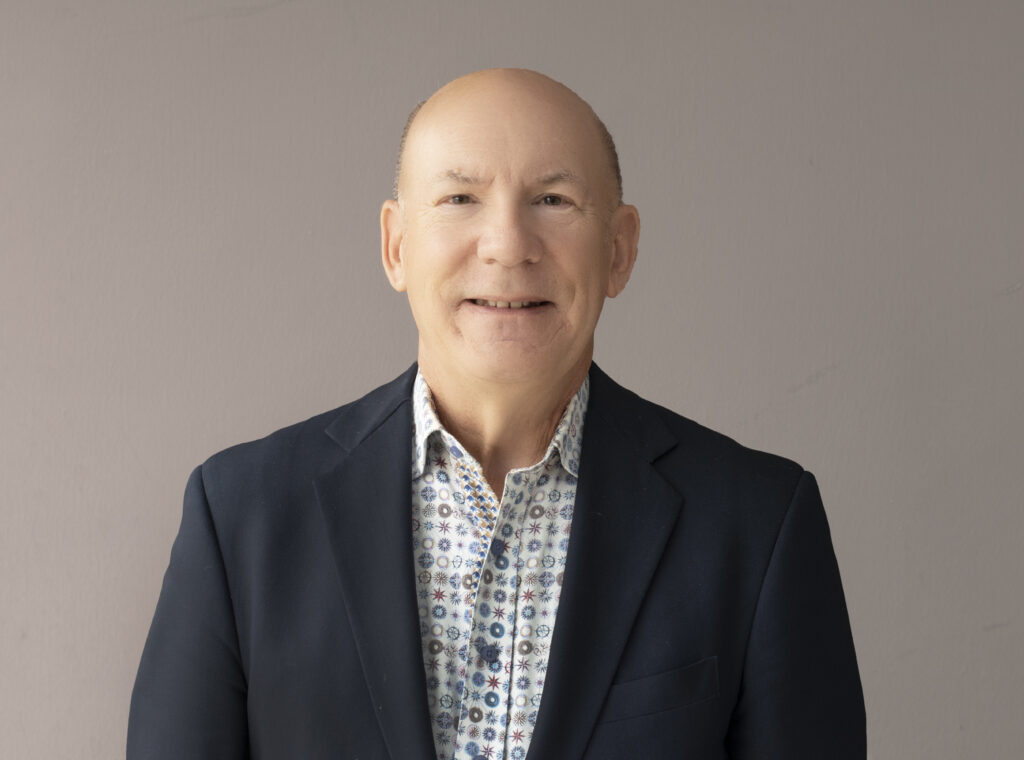
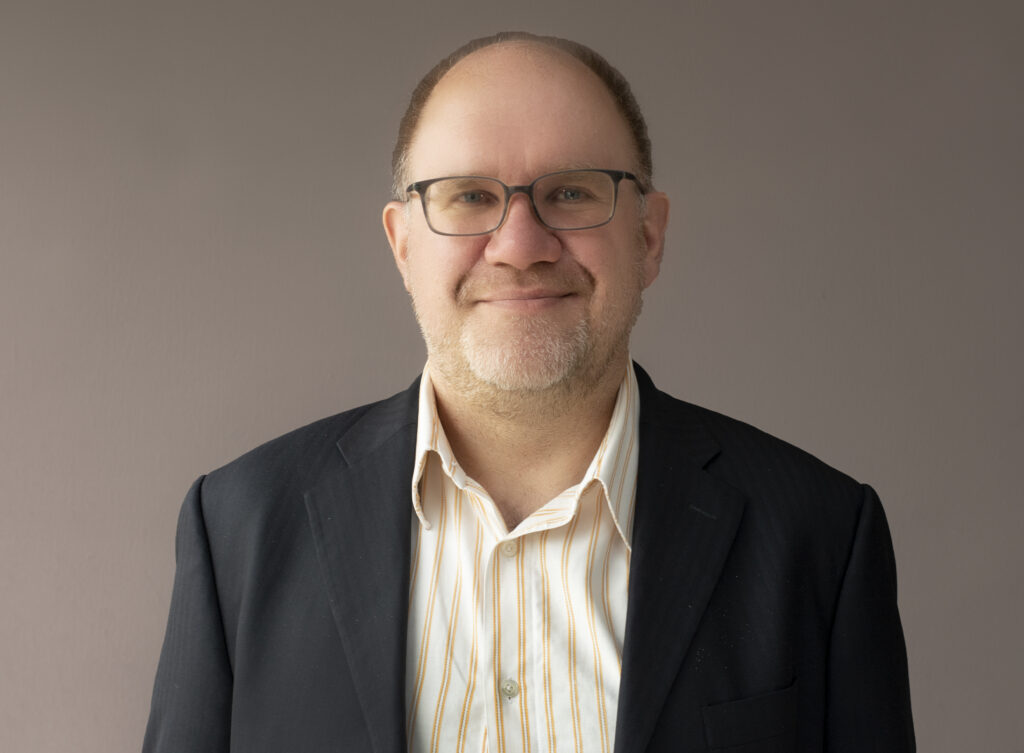
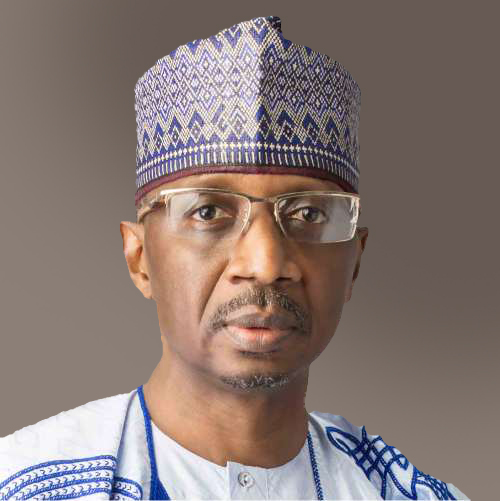
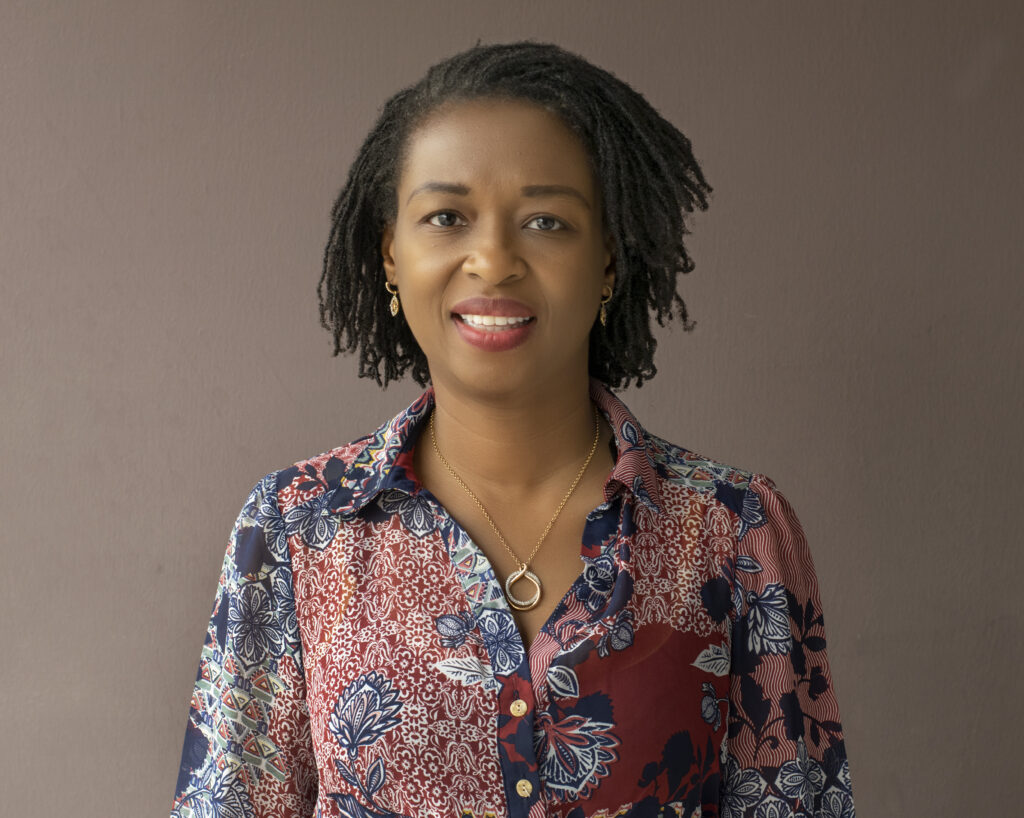
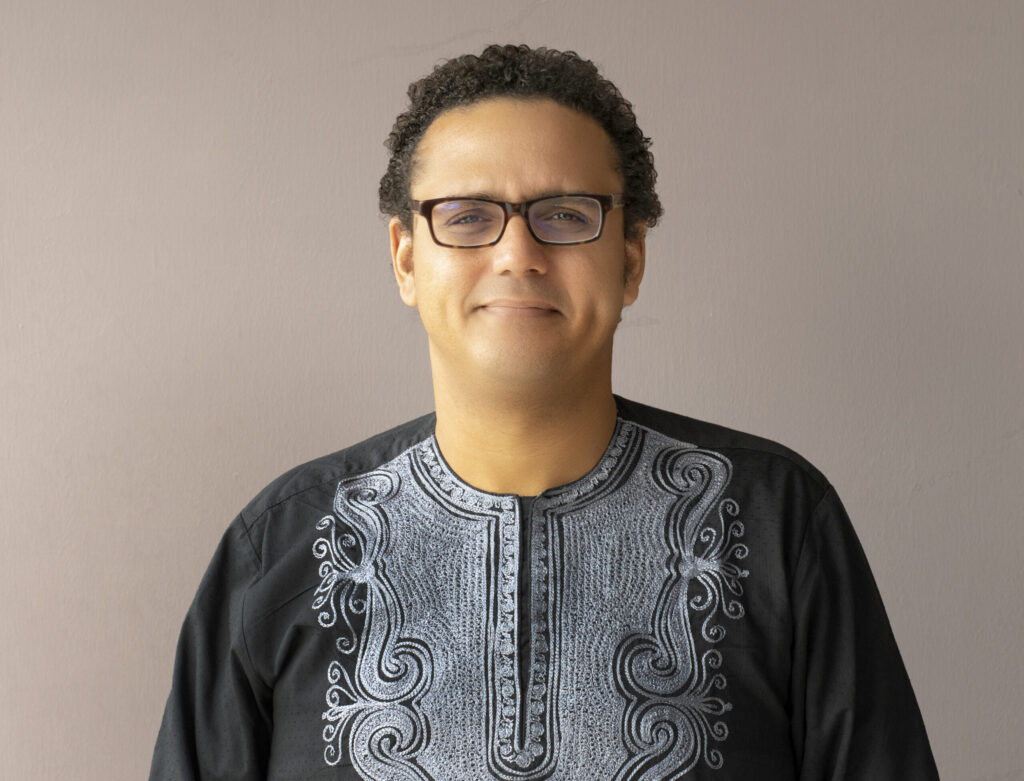
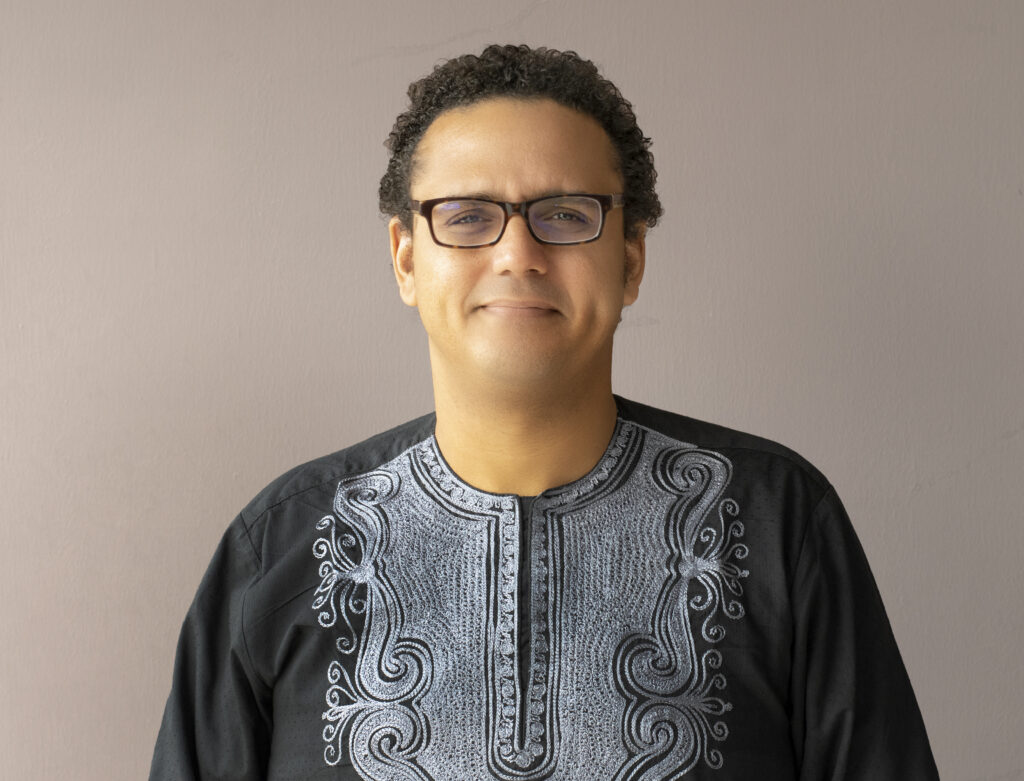
This is really commendable from Babban Gona. in fact i have heard a lot about you especially in how you help farmers improve their yields.
May this be sustain and improved.
I am very grateful, this is highly Educative, may almighty Allah bless Babban Gona and the entire management.
Thanks for your contribution.
I Yusuf Mohd ghali young Farmer
Very educative @Babban Gona.
Awesome!!
Banban gonna I really appreciate your product
Inspirational
Very educative @babbangona
Hi i want to go into Maize farming in Abuja. I need to know how much it would cost me to do. Thanks
Dear Bemi,
You need to get a land first and if you have a space in your compund that is a nice strategy to give it a test.
Next is go to the market and buy seeds (having N400 should do and this depends on the portion of the land you have), do the necessary things required like preparing it for planting as stated by this great leader Babban Gona then plant your seeds.
Never forget watching over it (monitoring and clearing the weeds at the appropriate time.)
Goodluck!
Can Nigeria maize grown in another country like US, UK or Canada
Hello Lanre,
Yes, maize grows in other countries including US, UK and Canada.
Hello I want comment with Hausa.
I na son zama Manomi musamman Masara Shinkafa da Waken soya. Ina neman taimakon ku na horarwa. Da fatan zan samu
Well said and well done.
Thanks for this information. I am working on getting a loan to start maize, rice and soybeans farming in full scale. I need help in preparing my business plan
Hello Emmanuel, there are a lot of resources online that can help you put together a decent business plan. You can start from there and you may want to consult a professional if you are unable to proceed further.
This is so interesting, thank you so much really appreciate.
Please house I want to know the best pesticide for corn